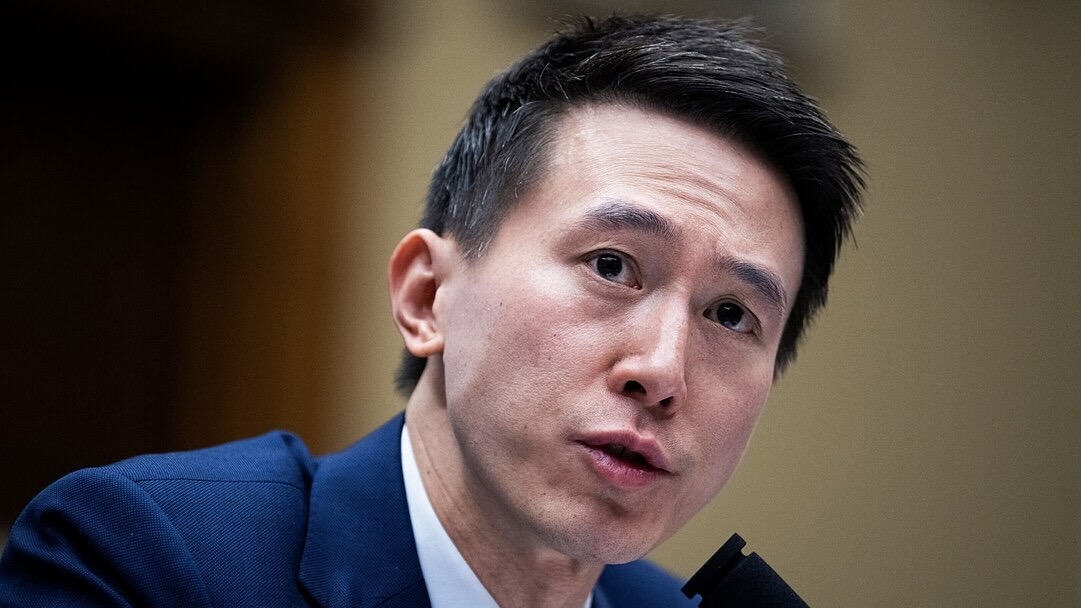by NATALIA MARQUES

Past efforts to ban the enormously popular app in the United States have failed. Recent success could be linked to the popularity of the Palestine solidarity movement
On March 13, the House of Representatives acted far quicker than usual in passing a bill that would force the Chinese parent company of TikTok, ByteDance, to sell the video-sharing app to a US company or be banned in the United States. The bill was passed by an overwhelming majority of 352 in favor and 65 against—with most members of both major parties voting in favor. The bill is now in the Senate, after which, if passed, Biden has vowed to sign it into law.
The digital front of the Cold War
The piece of legislation, entitled “Protecting Americans from Foreign Adversary Controlled Applications Act,” seeks to “protect the national security of the United States from the threat posed by foreign adversary controlled applications.”
For years, the widespread popularity of Chinese-owned TikTok among young people in the US has spun politicians and other operatives into a Cold War-era frenzy. This is not the first time that the government has tried to ban TikTok—in 2020, amid a mass protest movement that had just ignited after the killing of George Floyd, Trump signed an executive order to ban the app unless it was sold to a US parent company, similar to the current bill. The order was stalled after a challenge in a federal court. At the time, videos and imagery from the mass protests across the country were drawing millions of views.
Brian Becker, anti-imperialist organizer and Executive Director of the ANSWER Coalition, spoke about the latest attempt to ban TikTok in his show The Socialist Program and said is just another facet of the New Cold War against China. Becker likens the ban to the House Un-American Activities Committee, a House of Representatives committee tasked with repressing communists and those with alleged ties to the Soviet Union.
“The new McCarthyism, the anti-China campaign [is] reaching truly demented levels. A true hysteria. But that’s true about the last witch hunt too, the one in 1946, 47, 48. The [HUAC] wasn’t getting that much traction in their anti-communist crusade until they could start to target Hollywood,” said Becker, referring to the US government’s repression of artists working in the film industry on the loose basis of having communist ties. “That guaranteed a lot of publicity… a lot of this is driven by these opportunist politicians, Democrat and Republican alike, who are trying to get lots of attention for themselves by showing that they’re the ones standing up to China.”
Indeed, politicians in the US are whipping up the public into a frenzy over TikTok’s purported “national security” threat, although US intelligence officials themselves have admitted that this threat is entirely hypothetical.
People’s Dispatch for more
